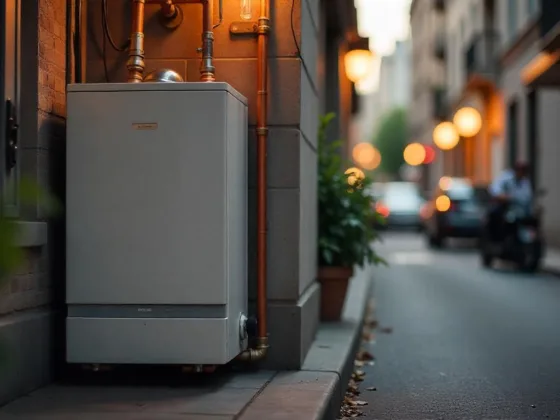Table of Contents Show
Maintaining a swimming pool is more than just ensuring it’s filled with water. One of the primary goals of pool maintenance is to keep the water crystal clear and safe for swimmers.
Clearwater isn’t just pleasing to the eye; it’s also an indicator of a well-balanced pool free from harmful microbes and contaminants.
For many, searching for “swimming pool services near me” is the first step in achieving such pristine water conditions.
Understanding Water Clarity
Before diving into the specific services, it’s vital to understand what clear water signifies. Clearwater indicates a well-balanced pool, meaning that the chemical levels are appropriate, filtration is effective, and there are no looming threats like algae growth or bacterial contamination.
Chemical Balancing
One of the primary tasks in pool maintenance is ensuring the water’s chemical balance is right. A well-balanced pool has the right pH, alkalinity, and calcium hardness levels.
- pH Level: These measure how acidic or basic the water is. The ideal pH level for pools is between 7.2 and 7.6. If the pH is too high or too low, it can lead to problems like skin irritation and affect the efficiency of other pool chemicals.
- Alkalinity: This acts as a pH buffer, preventing rapid pH level changes. Keeping alkalinity in check ensures that the pH remains stable.
- Calcium Hardness: This refers to the amount of calcium in the water. It’s essential to prevent the water from becoming either too soft (leading to potential corrosion) or too hard (leading to scale formations).
Read Also:
Filtration Systems
The pool’s filtration system plays a significant role in keeping the water clear. The filter removes small debris, dirt, and contaminants, ensuring the water remains clean and clear.
- Regular Cleaning: The filter should be cleaned regularly to ensure it operates efficiently. A clogged filter won’t filter out contaminants effectively.
- Filter Types: Different pools use different types of filters – sand, cartridge, or diatomaceous earth (DE). Each type has its maintenance requirements, which are pivotal for water clarity.
Regular Cleaning and Skimming
Routine cleaning is essential for a sparkling pool.
- Skimming: This involves removing floating debris from the pool’s surface. It’s a simple task but has a significant impact on water clarity.
- Vacuuming: This is essential for removing debris that settles at the bottom of the pool. Regular vacuuming prevents the buildup of materials that could make the water murky.
Preventing and Treating Algae Growth
Algae are tiny plants that can quickly turn clear pool water green. It’s essential to prevent their growth and to treat them promptly if they appear.
- Algaecides: These are chemicals specifically designed to kill and prevent algae. Using them as part of regular pool maintenance can help maintain water clarity.
- Brushing: Regularly brushing the pool’s walls and floor can prevent algae from taking root.
Regular Water Testing
Testing the pool water is vital to determine its current condition and what might be needed to maintain clarity.
- Test Kits: There are various kits available that can measure pH, chlorine levels, alkalinity, and more. Using these kits regularly ensures that the pool’s chemical balance is maintained, contributing to clear water.
Conclusion
For many seeking “swimming pool services near me,” clear pool water is a testament to a healthy, well-maintained pool.
By ensuring that the pool’s chemical balance is correct, the filtration system is working effectively, and potential threats like algae are kept at bay, pool owners can enjoy the benefits of clear, pristine water.
Regular cleaning, testing, and preventative measures are all essential pool services crucial for maintaining such conditions.
Through diligence and regular maintenance, clear and inviting pool water can be more than just a dream; it can be a daily reality.










